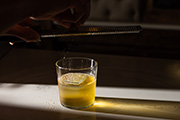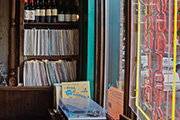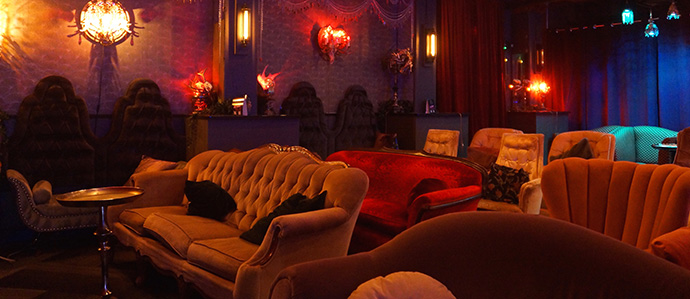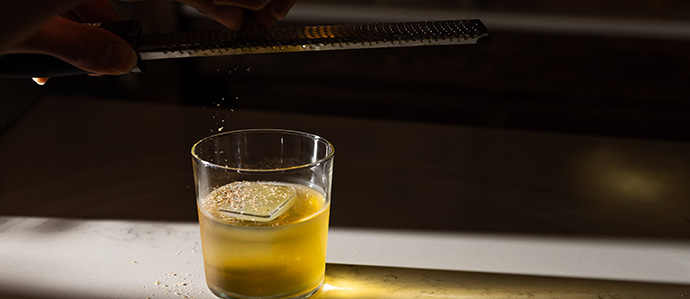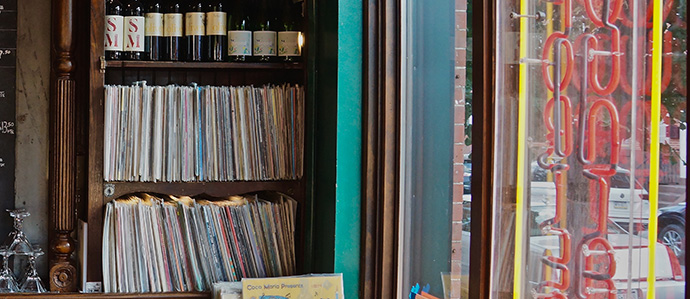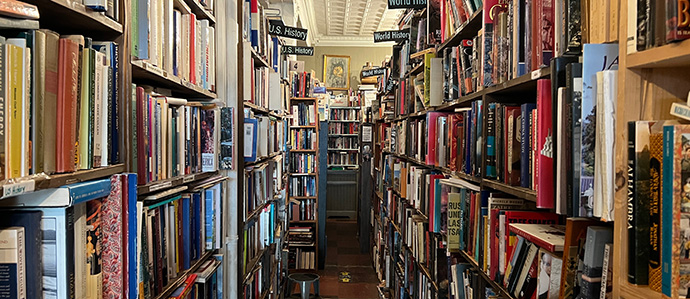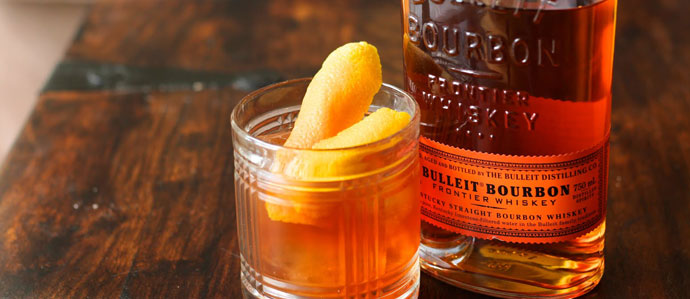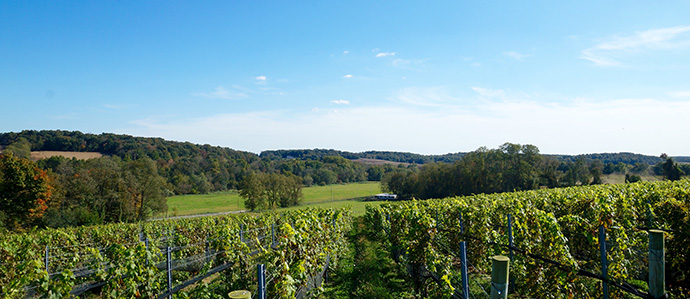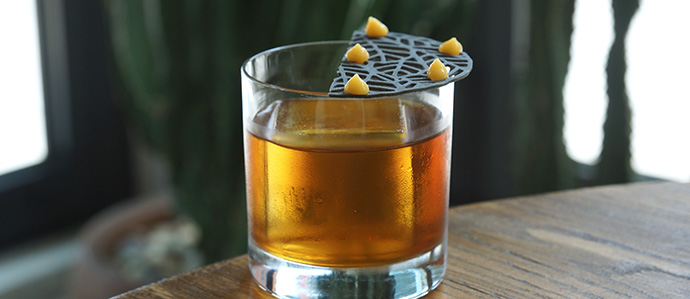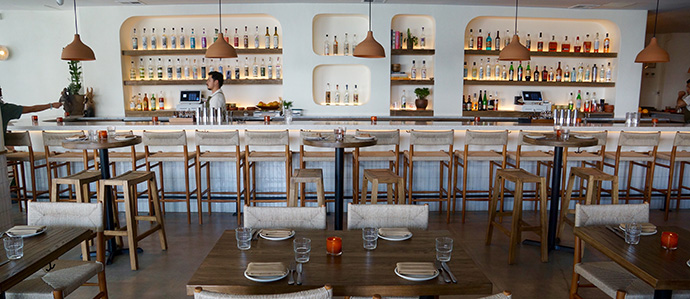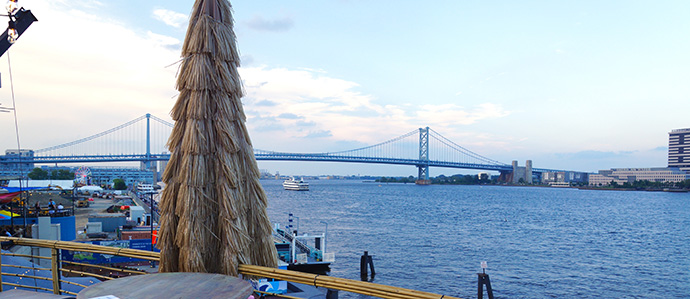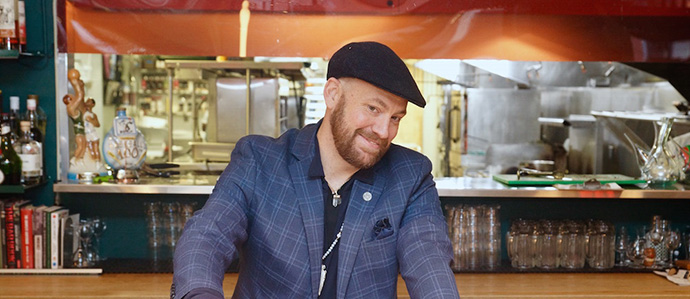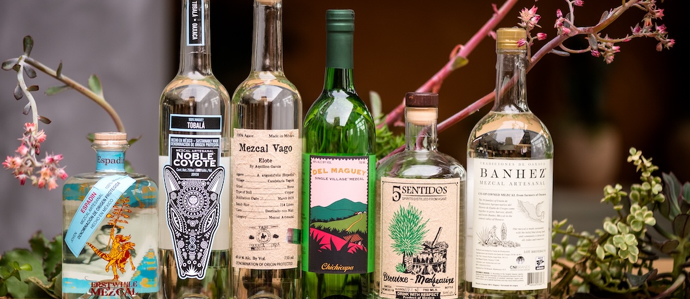Ken Burns' Prohibition Delves into the Noble Experiment
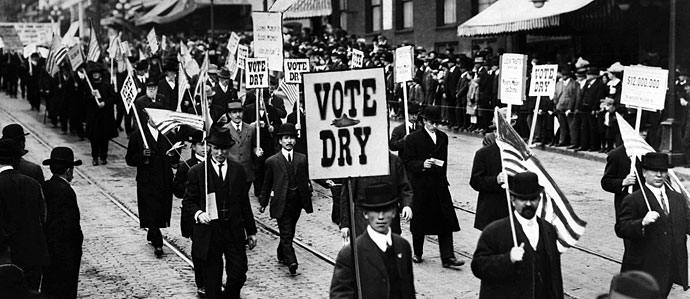
Over the past few evenings, PBS aired the 6-hour film Prohibition, directed by renowned documentarian Ken Burns with Lynn Novick. The three episodes are also available online at the PBS website. The airing was a big success for the not-for-profit station, bringing in an average of 3.9 million viewers, per ratings company Nielsen. People organized drinking parties around the show, preparing speakeasy-era cocktails to accompany the narrative.
.jpg) This dependence led to the Temperance movement, which began as a campaign to reduce alcohol intake, not to ban it. However, as radical movements are wont to do, things escalated, as different groups tried to outdo each other with their zeal, and in 1920, the 18th Amendment went into effect, making the sale or consumption of alcohol illegal.
This dependence led to the Temperance movement, which began as a campaign to reduce alcohol intake, not to ban it. However, as radical movements are wont to do, things escalated, as different groups tried to outdo each other with their zeal, and in 1920, the 18th Amendment went into effect, making the sale or consumption of alcohol illegal.As related by Burns in “A Nation of Scofflaws,” the Noble Experiment did not work out as planned. The Yale Club in New York City managed to squirrel away enough booze to keep its members satisfied for the whole duration of the ban, but most people were not so lucky. They still wanted their drinks, though, and to supply the masses, organized crime in the U.S. was born.
“A Nation of Hypocrites” details the collapse of the experiment. People ended up drinking even more than they had before the passage of the ban. Speakeasies were everywhere. Al Capone and the mafia ruled cities. The Federal Government began wiretapping citizens for the very first time. Winston Churchill called U.S. Prohibition “an affront to the whole history of mankind.”
There are plenty more interesting storylines, threaded together masterfully, including several collaborations between unlikely allies that eventually worked to bring about the amendment's repeal, on December 5, 1933. People celebrated – surprise, surprise – by partying like crazy.
Did you enjoy the show? What did you mix up to sip while you watched?







